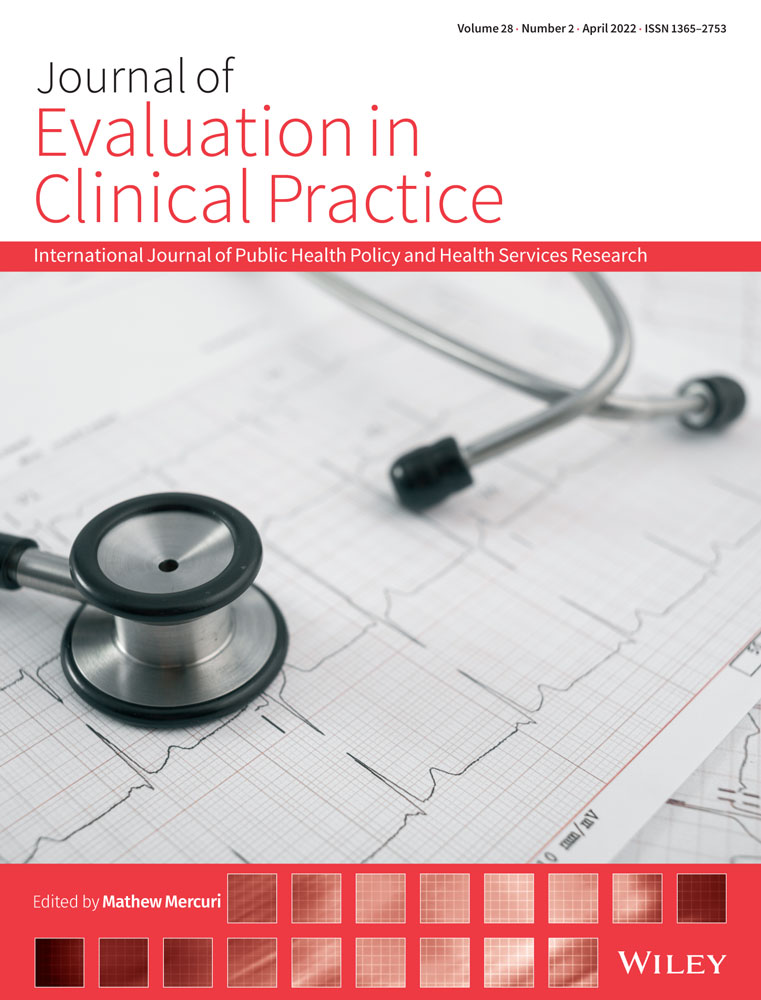Universal health care and political economy, neoliberalism and effects of COVID-19: A view of systems and complexity
Abstract
Sturmberg and Martin's application of systems and complexity theory to understanding Universal Health Care (UHC) and Primary Health Care (PHC) is evaluated in the light of the influence of political economy on health systems. Furthermore, the role that neoliberal approaches to governance have had in creating increased inequities is seen as a key challenge for UHC. COVID-19 has emphasized long standing discrepancies in health and these disadvantages require government will and cooperation together with adequate social services to redress these discrepancies in UHC.
CONFLICT OF INTEREST
The authors declare no conflict of interest.
Open Research
DATA AVAILABILITY STATEMENT
The data that support the findings of this study are available from the corresponding author upon reasonable request.




